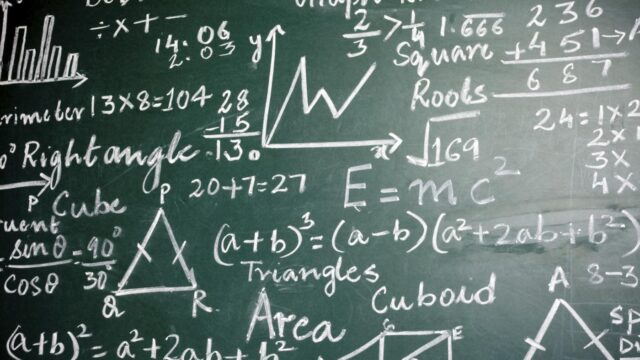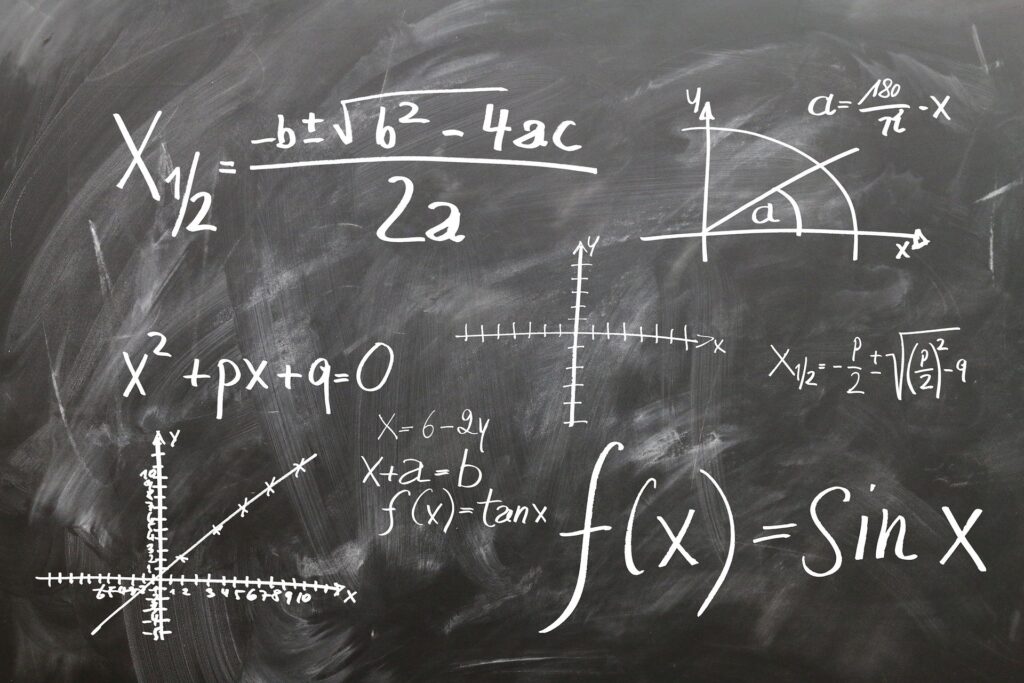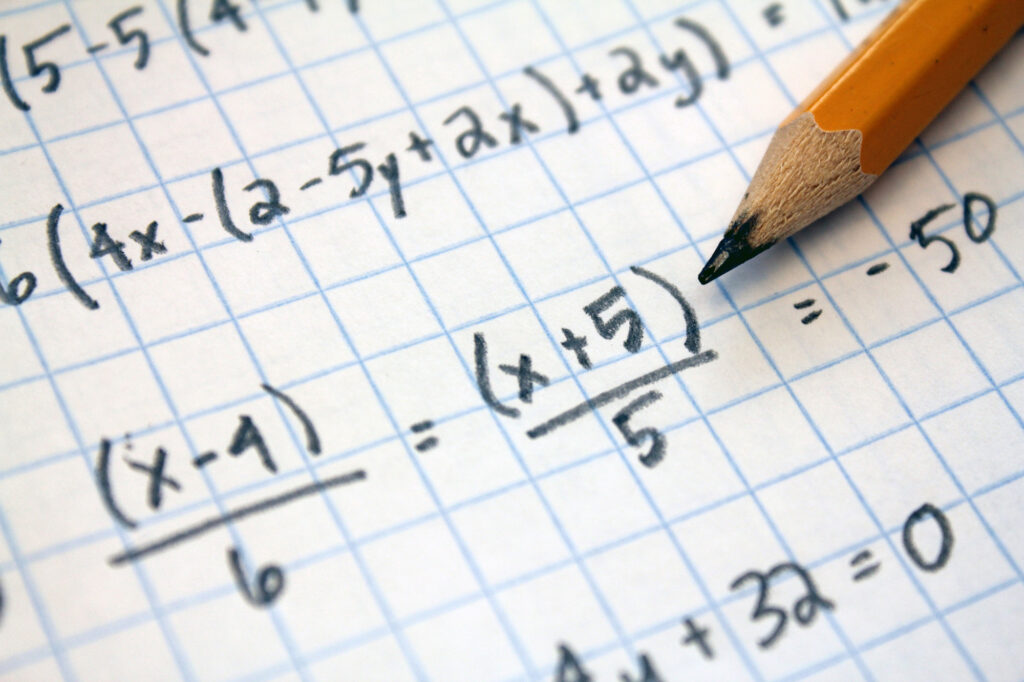
Algebra is a broad field of mathematics that deals with symbols and rules about how they interact and how you can manipulate them. Having math skills – no matter how basic they are – is of immense importance regardless of one’s career choice and the field of work. Dealing with numbers is something we all do on a daily basis, irrespective of how simple those calculations are.
It is very common for students to have troubles with math, especially with algebra. Some people experience anxiety whenever it is even mentioned. They develop severe aversion and they believe that they are unable to properly perform mathematical operations simply because they “suck at algebra”.
What are the possible reasons that many of us have struggled with this subject at school? I’m sure there are many, but I would like to address six of them that I believe are more common and relevant. If you were that kid in school who needed help with math, or you still are an adult who has a hard time dealing with algebra, these reasons might be the explanation you have been searching for. If you are looking for solutions, then visit this site for the answers you might need.
Page Contents
1. They lack a solid foundation

Gaining a good grasp of the basic principles of algebra is very important for the students. If they fail to do that, and only move on further with the material, understanding more complex concepts of mathematics later on becomes increasingly more difficult. The basis will be weak, shaky and will crumble down under the weight of more complicated theories and stipulations. Here, the role of the teacher is to break down these elementary notions, explain the connections, the interactions, the results, and preferably, the possible applications, so as the students advance through the material, they will build upon that foundation.
2. Dyscalculia

Dyscalculia is a form of learning disability in which one has a problem with number-related concepts and as we know, algebra is full of those: formulas, computations, equations…
They have trouble understanding numbers, how to work with them, and even learning mathematical facts. They don’t seem to have developed mathematical reasoning, and this doesn’t really improve with practice – they still don’t develop this skill unless they get special attention with regular practice and patience. Even if these students perform very well in classes, math isn’t one of those classes.
3. Bad teachers

Let’s be honest: not every teacher is a good one, and their methods are sometimes insufficient. This can lead to inconsistencies in the students’ learning process and leave many gaps in their knowledge. As those gaps accumulate, linking all the concepts and using them in order to come up with a solution becomes increasingly more challenging. Often, teachers are dismissive of students who have trouble learning, labeling them as “bad at math”, so those students drift even further away and feel even more resentment towards this subject.
They get left behind because their teachers are biased and dismiss them from the very beginning. True, not everyone can be a mathematical genius; for some it is much more difficult, and for others, it comes more naturally. However, it is an ability that can certainly be developed and worked on, especially at an early age, so teachers have a tremendous role in guiding and enabling that development.
4. Not doing homework

As we have all heard it before; practice makes it perfect. Even if you excel at algebra, if you are not diligent and you don’t do your homework, you will be missing out on important practice that can enhance your proficiency. This is especially true if you are not particularly talented at algebra; you might be discouraged and frustrated, and therefore, to be tempted to skip doing your homework to save yourself the suffering, but let me assure you that it would be an enormous mistake.
By constantly working on math problems, you will be training your mind to generate solutions and think in a certain manner. This will also help you identify your weaknesses are and point towards what kinds of issues you should focus on, as well as what kinds of questions will help you clarify the knowledge you want to conquer. Try your best with the homework, no matter how hard it is for you. If after all your efforts you still fail to finish it, ask your teacher about it, discuss it with your fellow students, or try to find some tutor who can clarify some things for you.
5. Wrong approach to the concept of algebra

Many agree that the way that algebra is being taught is not grounded in reality and is very unintuitive and restrictive. Just a bunch of rules one is supposed to follow so that a final result will appear, without gaining a deeper understanding of how these constructs work and how they are managed, or even used for in everyday life. It is wrapped in mystery, plain memorizing of numbers and formulas with no connections to any practical problems. There is a philosophy to it rather just some “magic” which provides us with the solution at the end of the equation. If we manage to overcome this, we will bring math closer to aiding us in our daily challenges.
6. Outdated educational systems

It seems like most educational systems have not been updated to suit the needs of the students and help them deal with contemporary arithmetic challenges that have roots in the daily advances. It has been said that “modern problems require modern solutions”, but very often, that is not the case how algebra is taught. Old approaches might be holding students down from learning this subject. Newer tactics are required in order to make the learning process easier and equip them to tackle their modern-day problems. That way, they will be more motivated to overcome the negative feelings towards algebra and stimulate them to immerse themselves deeper in the vast expanses of the world of numbers and symbols that constitutes this area of mathematics.































